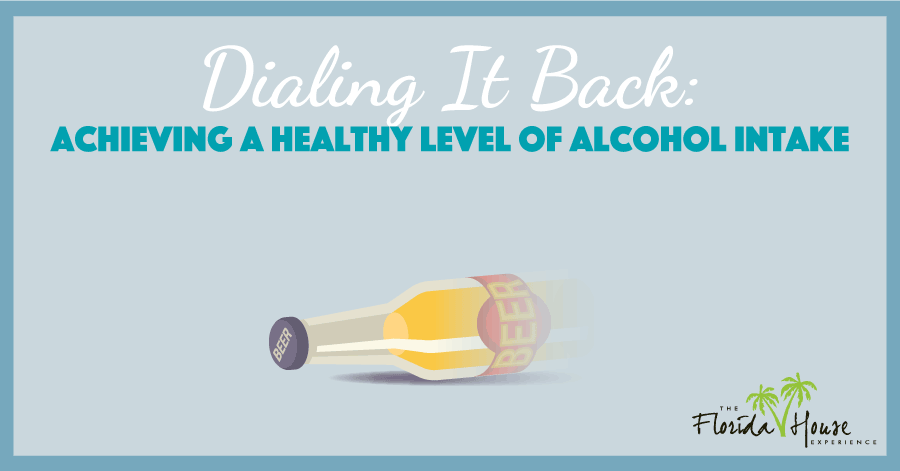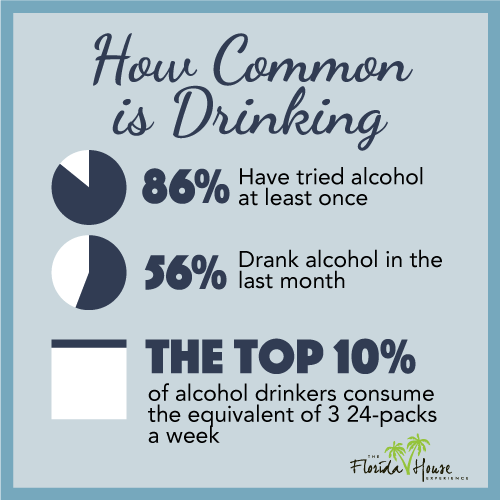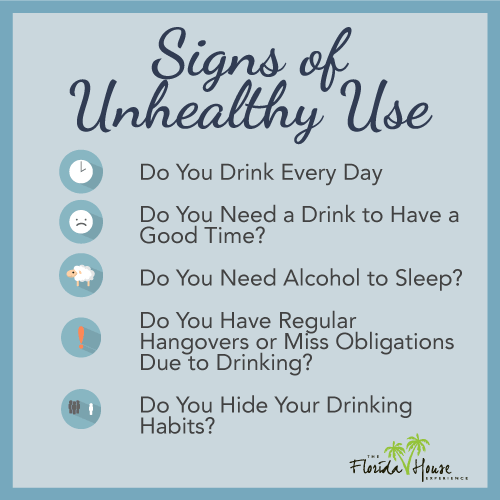
Drinking is a large part of American culture, with over 86 percent of adults trying alcohol at least once and 56 percent drinking in the past month. Pop culture, particularly pop culture aimed at young people, all but glorifies alcohol, with drinking dominating college campuses and much of the social life of young adults. And, since alcohol is legal, it’s often seen as less serious than abuse of other substances.
 While 30 percent of adults don’t drink at all, the top 10 percent of drinkers consume the equivalent of three 24-can cases of beer a week, or around 10 drinks a day — a critically dangerous amount. Heavy drinking can cause heart damage, brain damage, liver disease, pancreatitis and even cancer. However, due to the high level of public acceptance for regular partying, these consequences are often diminished in favor of an image of fun and frivolity. In fact, it’s estimated that one in eight adults is an alcoholic.
While 30 percent of adults don’t drink at all, the top 10 percent of drinkers consume the equivalent of three 24-can cases of beer a week, or around 10 drinks a day — a critically dangerous amount. Heavy drinking can cause heart damage, brain damage, liver disease, pancreatitis and even cancer. However, due to the high level of public acceptance for regular partying, these consequences are often diminished in favor of an image of fun and frivolity. In fact, it’s estimated that one in eight adults is an alcoholic.
If you drink sporadically, it’s likely that your drinking is normal and will not result in long-term ramifications. However, if you have more than one drink a day as a woman or more than two drinks a day as a man, your drinking may be creeping into problematic territory. These questions can help you identify if you should dial back your drinking.
Do You Drink Every Day?
Drinking every day is not inherently a bad sign, but it can indicate a reliance on alcohol that isn’t healthy. Regular drinking can also increase tolerance; as tolerance increases, higher volumes of alcohol are required to maintain the effects. That can lead to escalation, with one drink turning into two, which will eventually lead to more.
Do You Need a Drink to Have a Good Time?
Alcohol is frequently a part of social outings, like eating at restaurants and going to concerts. In moderation, this isn’t a bad thing, but when it’s impossible to have fun without a drink, you may have an issue. If a day at the zoo or a trip to a theme part become a drag without a drink, your reliance on alcohol isn’t healthy.
Do You Need Alcohol to Sleep?
Insomnia is a frequent side effect of alcohol withdrawal, leading many heavy drinkers to require a few drinks at ma minimum to get to sleep. If you lie awake at night when you don’t end bedtime with a buzz, you may have a substance use disorder. This symptom is particularly troubling; insomnia from lack of alcohol indicates a physical addiction.
Do You Have Regular Hangovers or Miss Obligations Due to Drinking?
Hangovers happen from time to time for most drinkers, even those who tend to drink in moderation, but when a hangover becomes a normal part of life, there are likely larger problems at hand. If your morning headaches, fatigue and nausea are standing in the way of things like going to work, going to school or performing in the office at a normal level, your drinking is no longer healthy.
Do You Hide Your Drinking Habits?
Drinking is generally an acceptable vice in American culture, so there’s usually no need to hide social drinking. However, if you find yourself lying about how much you drink to make your consumption seem more acceptable, your drinking likely exceeds normal levels.
What to Do When Drinking Is Dangerous
 If you’ve determined that your drinking has surpassed normal levels, finding the right path forward can seem overwhelming. Realizing you have a problem is never an easy pill to swallow, and finding out you need to make a major lifestyle change can be a true challenge.
If you’ve determined that your drinking has surpassed normal levels, finding the right path forward can seem overwhelming. Realizing you have a problem is never an easy pill to swallow, and finding out you need to make a major lifestyle change can be a true challenge.
When you have a long-term drinking problem, getting help is imperative. For your own safety and the stability of your future health, you need to cease alcohol consumption. Ask yourself these questions when planning your next steps.
What’s the Best Detox for Alcohol?
The best detox process for alcohol is a certified rehabilitation program that can offer safe support while you overcome the worst symptoms of withdrawal. Despite the legality of alcohol use, alcohol withdrawal can be very dangerous, with side effects that include delirium tremens, seizures and comas. In a detox facility like FHE Health, doctors and nurses can supervise the process to ensure those in recovery are safe and secure.
Sobriety is the best way to flush alcohol out of your system. One shot will metabolize in around an hour, so physically removing alcohol from your body won’t take long, but remedying potential physical and mental consequences will only start when you cease use.
Can I Successfully Taper Off of Alcohol Without Treatment?
Tapering off of alcohol can theoretically be done without going to treatment, but it’s a very challenging and potentially dangerous process. Those with addictions to substances find it almost impossible to taper due to the very nature of addiction: For alcoholics, alcohol can’t be used normally. Efforts to taper independently often result in continued alcohol abuse with no measurable progress.
Withdrawals from alcohol also have the potential to be dangerous, so attempting to make it through the process without professional oversight is not suggested.
Do I Have to Quit Drinking?
For most with substance use disorders, use is all or nothing. A substance that once contributed to addiction can generally never be used recreationally again. It may seem impossible now, but millions of Americans are able to live a happy, healthy life free from alcohol.
Do I Need Help Now?
When your behavior is indicative of a problem, getting help as soon as possible is imperative. With a history of problem drinking, every drink has the potential to further compromise health. Getting help as soon as possible can be critical to recovery, so the sooner you can organize the time and resources to get into treatment, the better.
Despite alcohol’s ubiquity in society, alcohol abuse can be very dangerous, causing numerous potentially fatal health consequences that may be hard or impossible to overcome once it’s too late. If you’ve been drinking for a long time or to excess in ways that aren’t healthy or sustainable, getting help is the best possible choice.
At FHE Health, we offer a comprehensive approach to addressing alcoholism, from detox to alumni support, that can ensure a steady, stable path to recovery. With both inpatient and outpatient programming to help overcome addiction, we are able to support sobriety with a full spectrum of care. Contact us today at (833) 596-3502 to learn more about our alcohol treatment program.






